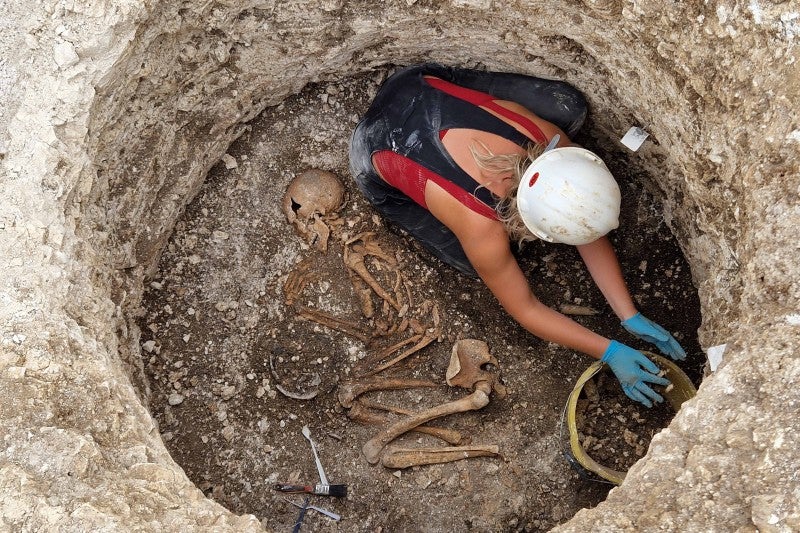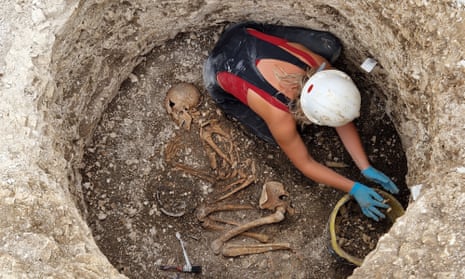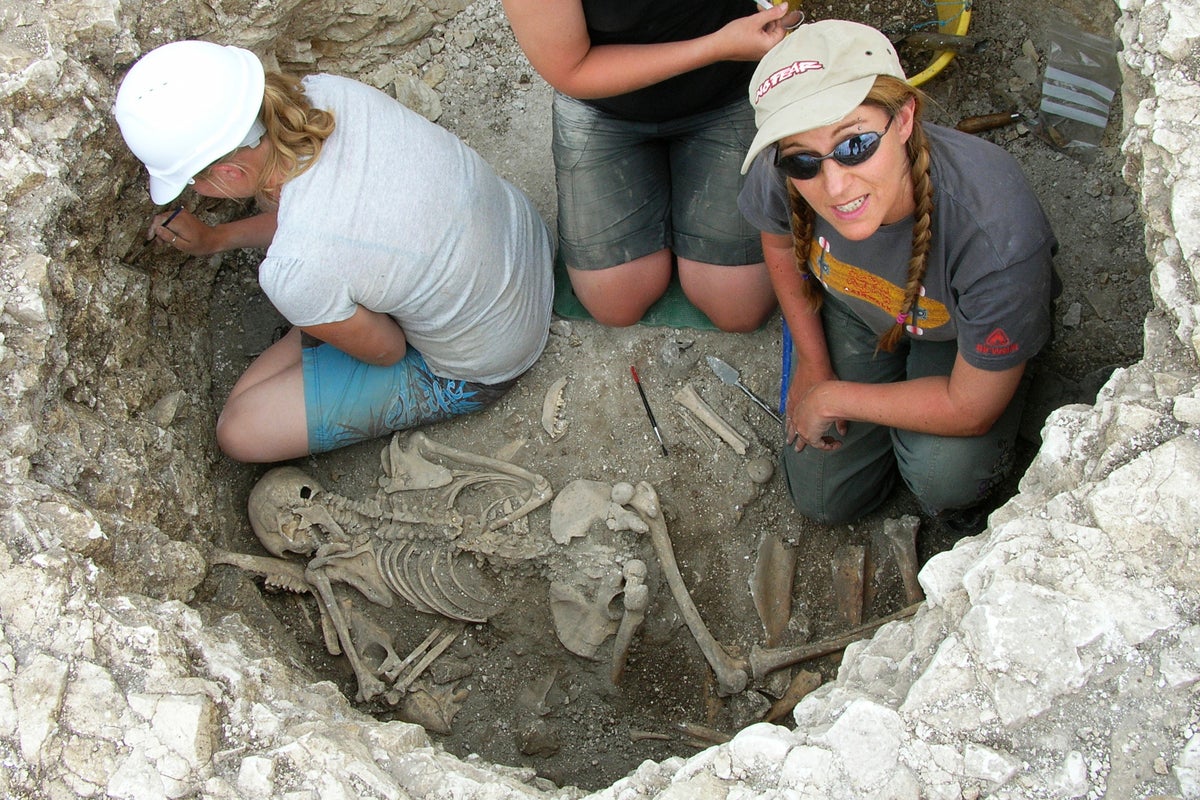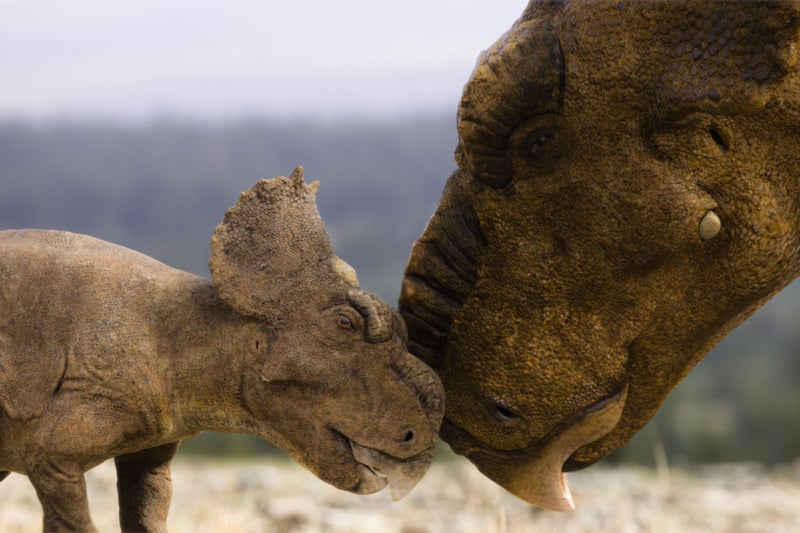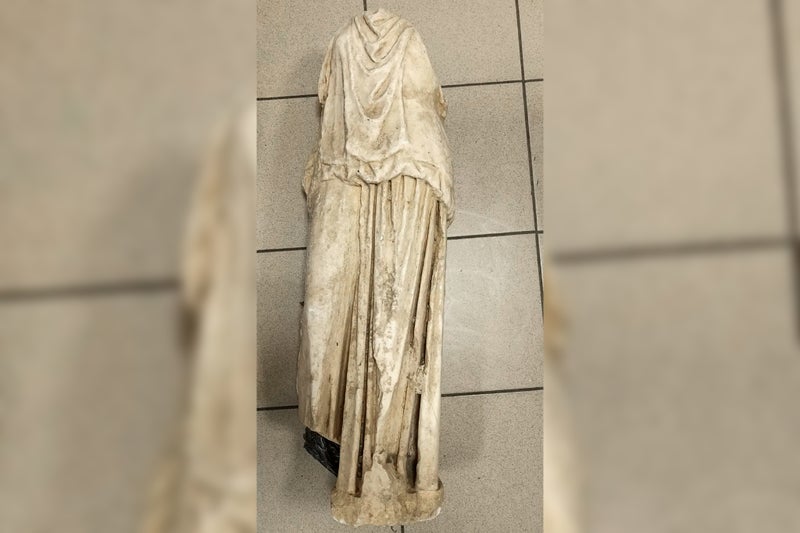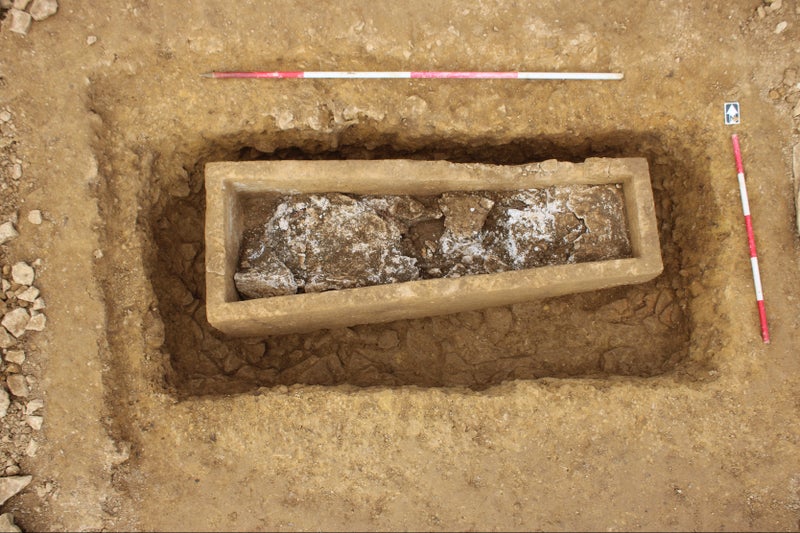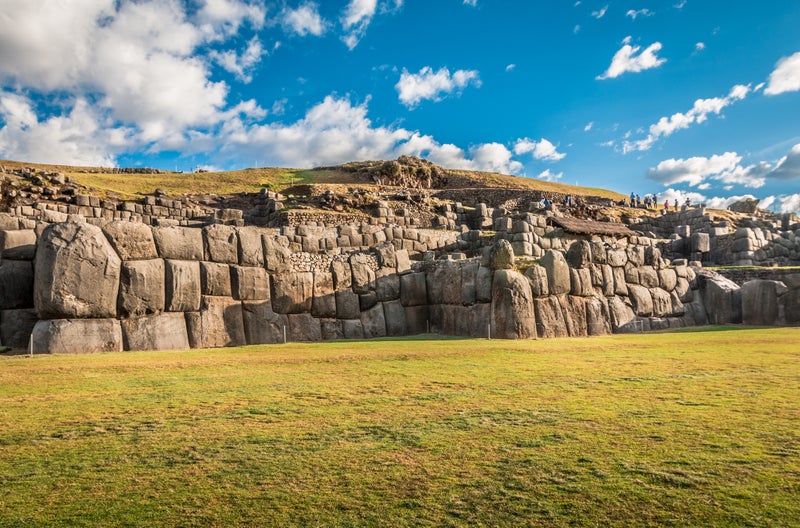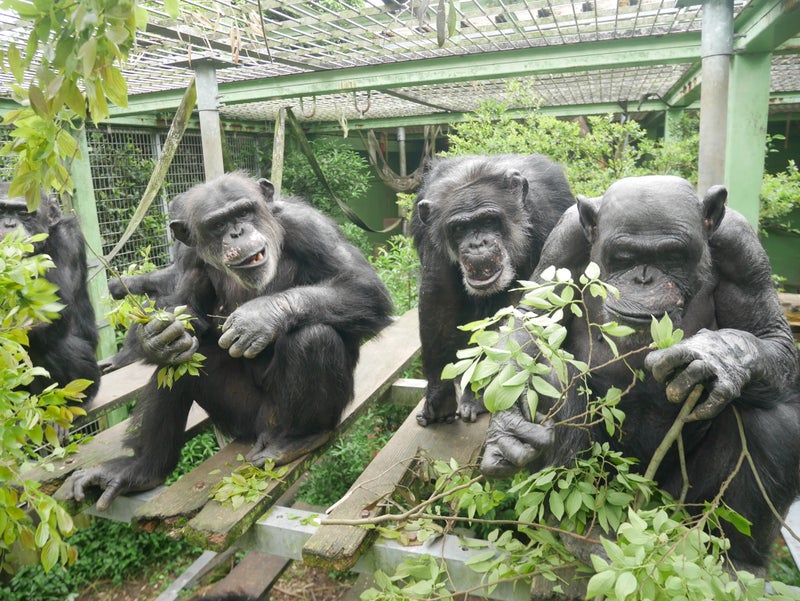Women led early British society 2,000 years ago, archaeologists find
Share:
Findings suggest in some parts of early British society husbands moved to join their wives. The research, published in the journal Nature on Wednesday, found that British Celtic societies were matrilocal with married women staying in their ancestral communities.
![[Iron Age woman buried with elaborate goods]](https://static.independent.co.uk/2025/01/17/03/Web-Version-2---Iron-Age-woman-buried-with-elaborate-goods.jpg)
Human societies have often been shaped by where married couples choose to reside culturally. For instance, in patrilocal communities partners mainly reside with or near the families of the male, whereas in matrilocal societies, couples live near the female’s parents.
Previous studies confirm that patrilocality was widely followed in the European Neolithic, Copper and Bronze ages. However, earlier research hinted that in the case of Celtic societies, women had higher status. Romans documented their astonishment at finding women occupying positions of power, writing about queens – Boudica and Cartimandua – who commanded armies and finding the empowerment of Celtic women remarkable.
Researchers have also found evidence of the Durotriges tribe, who occupied the central southern English coast around 100BC to AD100, burying women with valuable items. Now, DNA from these Celtic communities analysed by researchers at Trinity College Dublin supports this theory.
“Such a matrilocal pattern is undescribed in European prehistory,” scientists wrote. Scientists analysed the genomes of 57 individuals buried in Iron Age cemeteries associated with Durotrigian communities in southern Britain. They found that most individuals were related through the maternal line.
